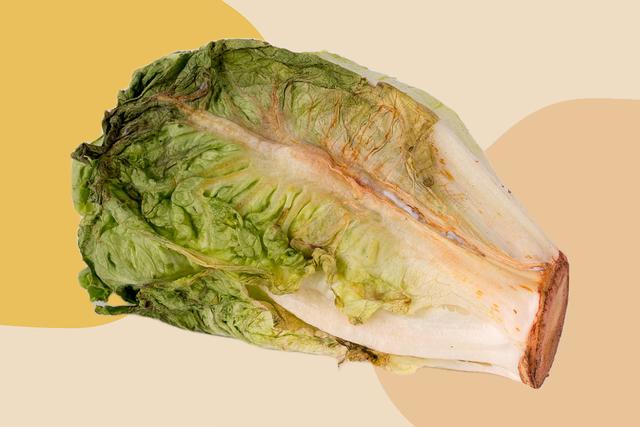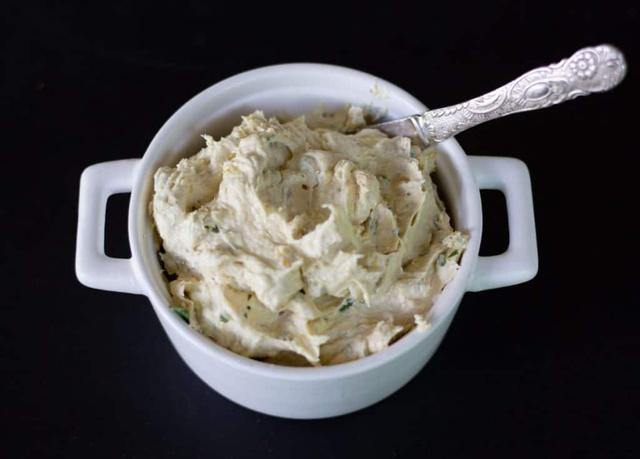
Explore the bold taste of chamoy sauce, a Mexican condiment that blends sweet, sour, spicy, and salty flavors.
Mexican cuisine offers countless flavor treasures, but few are as uniquely bold as chamoy. So, “What does Chamoy taste like?” This vibrant condiment delivers an unexpected symphony of tastes—simultaneously sweet, sour, salty, and spicy. Born from pickled fruits and chiles, chamoy has evolved from a traditional Mexican street food staple into a global sensation, transforming everything from frozen treats to savory snacks. Chamoy represents the perfect blend of familiar and exotic tastes for anyone curious about exploring new flavors.
What Does Chamoy Taste Like?

What Does Chamoy Sauce Taste Like?
Imagine taking a bite of something that somehow manages to be sweet, sour, salty, and spicy all at once—that’s chamoy sauce for you. As someone who’s sampled countless versions of this condiment, I can tell you that describing its taste is like trying to describe a sunset to someone who’s never seen one; it’s an experience that transcends simple flavor categories.
When you first taste chamoy sauce, here’s what your taste buds experience:
- Initial Impact: A bright, fruity sweetness hits your tongue first
- Secondary Wave: Tangy sourness from lime and citrus notes follows
- Building Heat: A gentle chile warmth starts to build
- Complex Finish: Salty undertones round out the experience
- Lingering Sensation: All these flavors dance together in a uniquely harmonious way
What makes chamoy particularly special is how these flavors don’t just occur in sequence—they somehow manage to coexist, creating what Chef Barbara Sibley of La Palapa in New York City beautifully describes as “all the flavors at once.”
The Chamoy Pickle Experience

The Chamoy Pickle Experience
One of the most popular applications of chamoy is in pickled preparations, particularly chamoy pickles. But what does a chamoy pickle taste like? Let me break it down for you:
Chamoy pickles offer a fascinating taste experience that combines:
- The natural tanginess of pickled cucumbers
- The complex sweetness of chamoy’s fruit base
- A spicy kick from chile peppers
- A salty foundation that ties everything together
The result is something entirely different from traditional dill or bread-and-butter pickles. The chamoy pickled cucumber maintains its crunch while absorbing all these incredible flavors, creating what I like to call a “flavor bomb” in every bite.
Understanding Chamoy Sauce’s Versatility
Chamoy sauce’s taste profile makes it incredibly versatile. Here’s how its flavor adapts to different applications:
On Fresh Fruit
- Enhances natural sweetness
- Adds complexity through contrasting flavors
- Creates a mouth-watering combination that’s addictively good
In Beverages
- Provides depth to cocktails
- Adds complexity to simple drinks
- It creates an interesting rim garnish for glasses
With Savory Dishes
- It acts as a flavor enhancer
- Brings unexpected sweetness
- Adds welcome heat without overwhelming
The Artisanal vs. Commercial Difference
Having tasted both commercial and homemade versions of chamoy, I can tell you there’s a notable difference:
Commercial Chamoy
- It tends to be sweeter due to added corn syrup
- The more consistent flavor profile
- Often brighter in color
- Generally more shelf-stable
Homemade Chamoy
- More complex fruit notes
- Better balance of flavors
- More natural taste
- Customizable heat levels
- Fresher, more vibrant taste
Regional Variations and Taste Differences

Regional Variations and Taste Differences
Just like any beloved condiment, chamoy’s taste can vary depending on:
Fruit Base
- Apricot-based: More tart and bright
- Plum-based: Deeper, richer flavor
- Mango-based: Tropical sweetness
- Tamarind-based: Extra tangy notes
Regional Preferences
- Some regions prefer it spicier
- Others emphasize the sweet aspect
- Coastal areas might add local citrus variations
How to Best Experience Chamoy
As someone who’s introduced many people to Chamoy, here’s my recommended approach for first-time tasters:
Start With Fresh Fruit
- Choose ripe mango or watermelon
- Add a small amount of chamoy sauce
- Take a bite and let the flavors develop
- Notice how the fruit’s natural sweetness interacts with chamoy’s complexity
Progress to Other Applications
- Try it on cucumber slices
- Experiment with rim-dried drinks
- Mix it into sauces and marinades
Read more: Why Does Cilantro Taste Like Soap? A Science-Backed Explanation
The Cultural Significance
Understanding chamoy’s taste is incomplete without appreciating its cultural context. This condiment represents:
- The fusion of Asian and Mexican culinary traditions
- The Mexican love for combining sweet and spicy
- Street food culture and innovation
- Modern adaptations of traditional preservation methods
Health and Nutritional Considerations
While chamoy is primarily about taste, it’s worth noting:
- Commercial versions often contain artificial ingredients
- Homemade versions can be healthier
- Moderate sodium and sugar content
- Can be part of a balanced diet when used in moderation
Making the Most of Chamoy
To truly appreciate chamoy’s taste, consider these tips:
Storage
- Keep refrigerated after opening
- Use within 3 months for the best flavor
- Watch for separation and shake before use
Pairing Suggestions
- Fresh fruits (mango, watermelon, pineapple)
- Crisp vegetables (jicama, cucumber)
- Frozen treats
- Savory snacks
- Cocktails and beverages
Creating Your Own Chamoy Experience
For those interested in making homemade chamoy, the process allows you to:
- Control the balance of flavors
- Adjust heat levels
- Use higher-quality ingredients
- Create a more authentic taste
Future of Chamoy
As this condiment gains international recognition, we’re seeing:
- Creative new applications
- Fusion cuisine opportunities
- Artisanal versions
- Health-conscious adaptations
Conclusion
Chamoy’s taste is unique in the culinary world—a perfect storm of sweet, sour, salty, and spicy that works in perfect harmony. Whether you’re trying it for the first time or are a longtime fan, there’s always something new to discover about this fascinating condiment.
The next time someone asks you, “What does chamoy taste like?” You can tell them it’s not just a taste—it’s an experience. It’s a journey through Mexico’s culinary innovation, a testament to cultural fusion, and most importantly, a delicious addition to countless dishes and drinks.
Learn More About Grilling
If you want to learn more about grilling, check out these other helpful resources!











